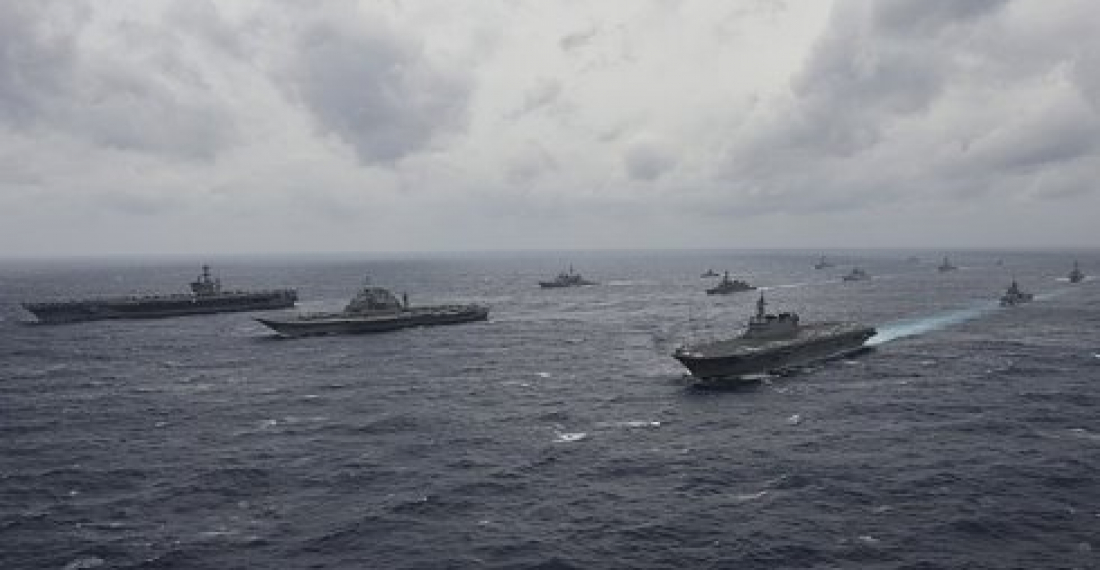Washington aspires for a formal alliance - similar to the North Atlantic Treaty Organisation (NATO) - with India, Japan, and Australia against 'a potential challenge from China' and 'to create a critical mass around shared values and interests ... ultimately to align in a more structured manner," according to Deputy US Secretary of State Stephen Biegun.
Biegun was speaking in an online discussion organised by the US-India Strategic Partnership Forum on Monday ((31 August). Biegun also said the group of four nations were expected to meet in New Delhi sometime this autumn and cited Australia's possible participation in India's Malabar naval exercise as an example of progress towards a more formal defence bloc.
The naval exercises, which take place mainly in the Bay of Bengal, have been carried out annually by the United States and India since 1992, and include Japan since 2015. In the spring, India had rejected another Australian request to participate in the joint naval exercise Malabar with the US and Japan.
Biegun sees a formal alliance with the three countries ‘‘only happening if the other countries are as committed as the US''. India is a country with a long tradition of non-alignment and the country may not be ready to join a formal military alliance. However, recent clashes with China in the Himalayas, and accusations that China had seized territory which India considers its own, has very rapidly changed perspectives in New Delhi.
source: commonspace.eu
photo: US, Indian and Japanese ships on exercise in the Bay of Bengal (archive picture)







